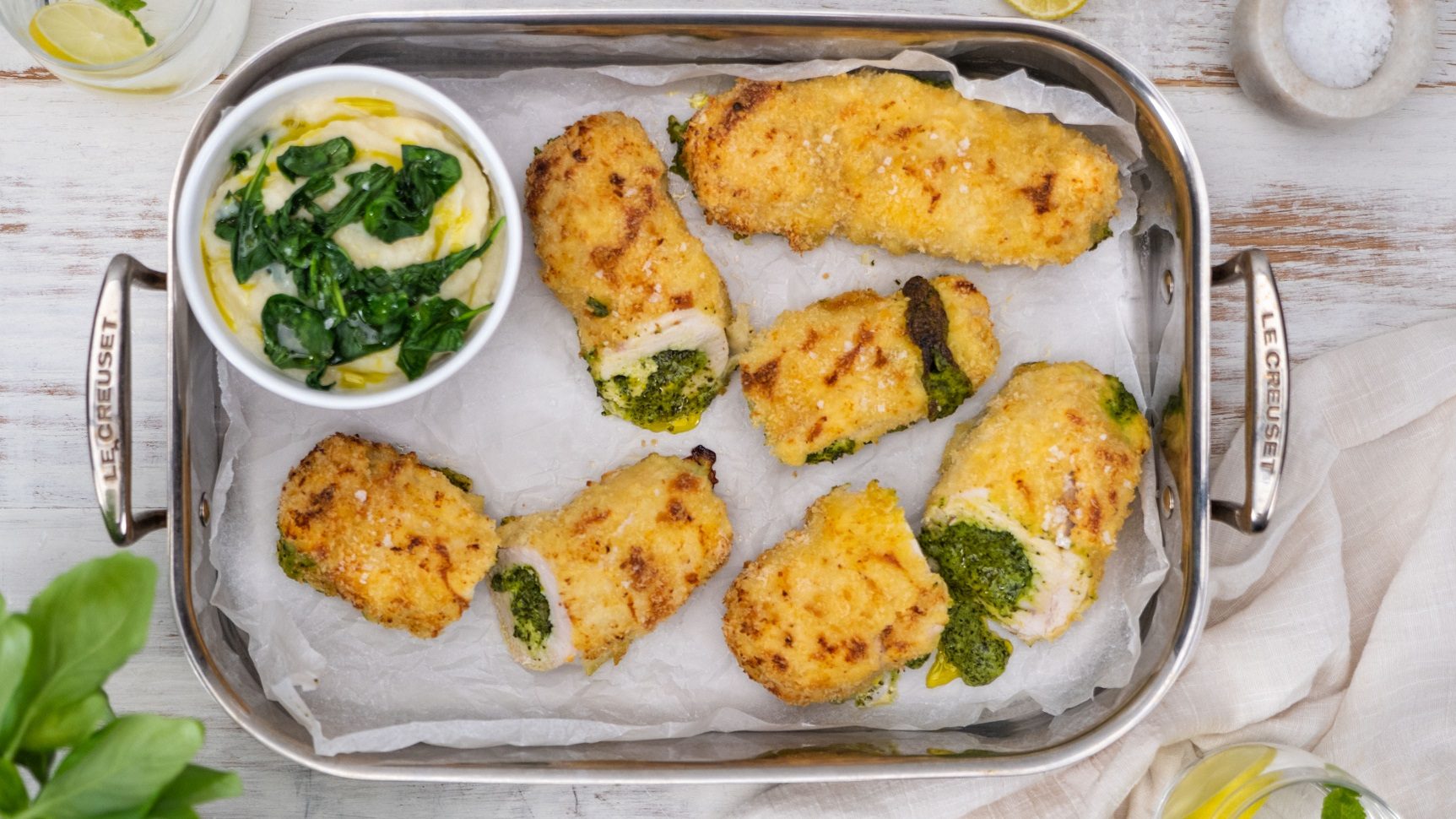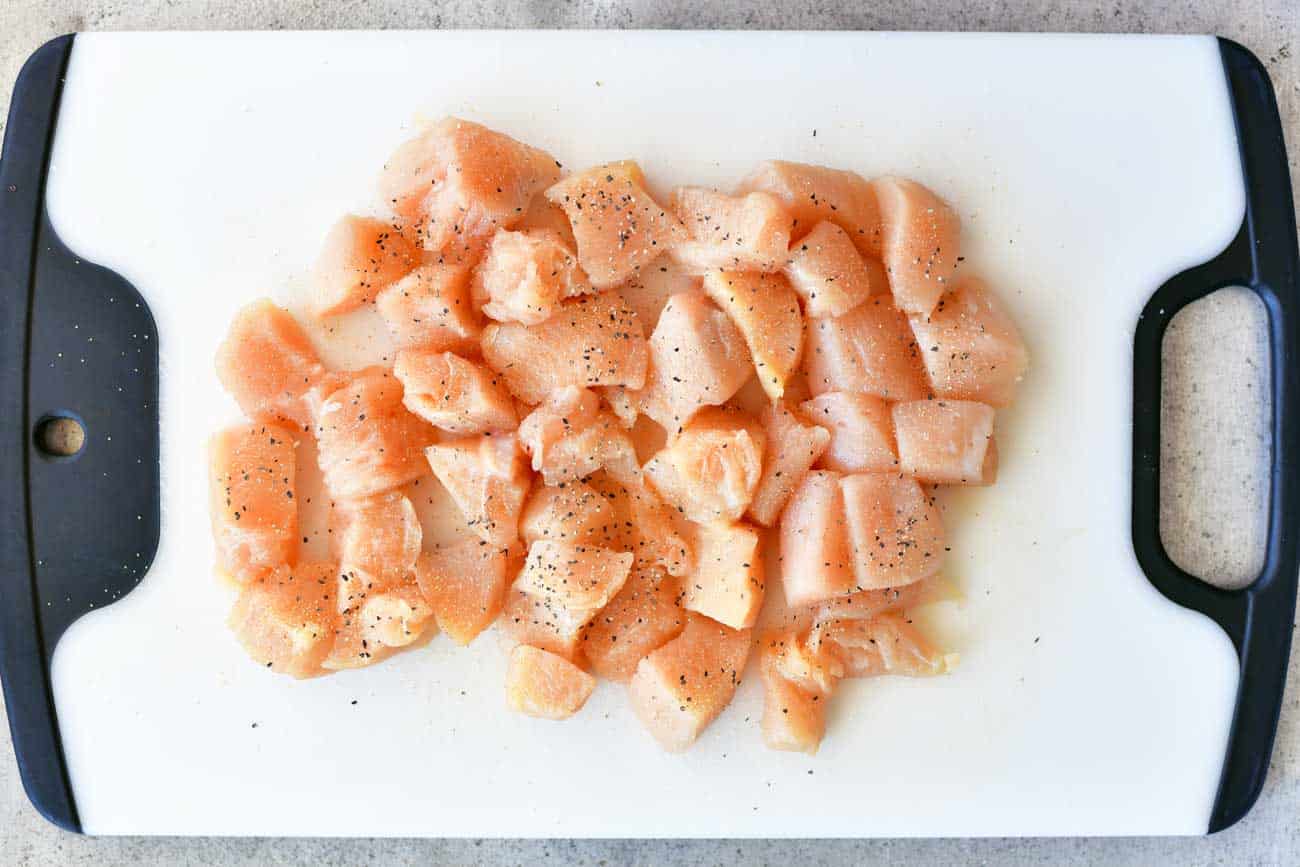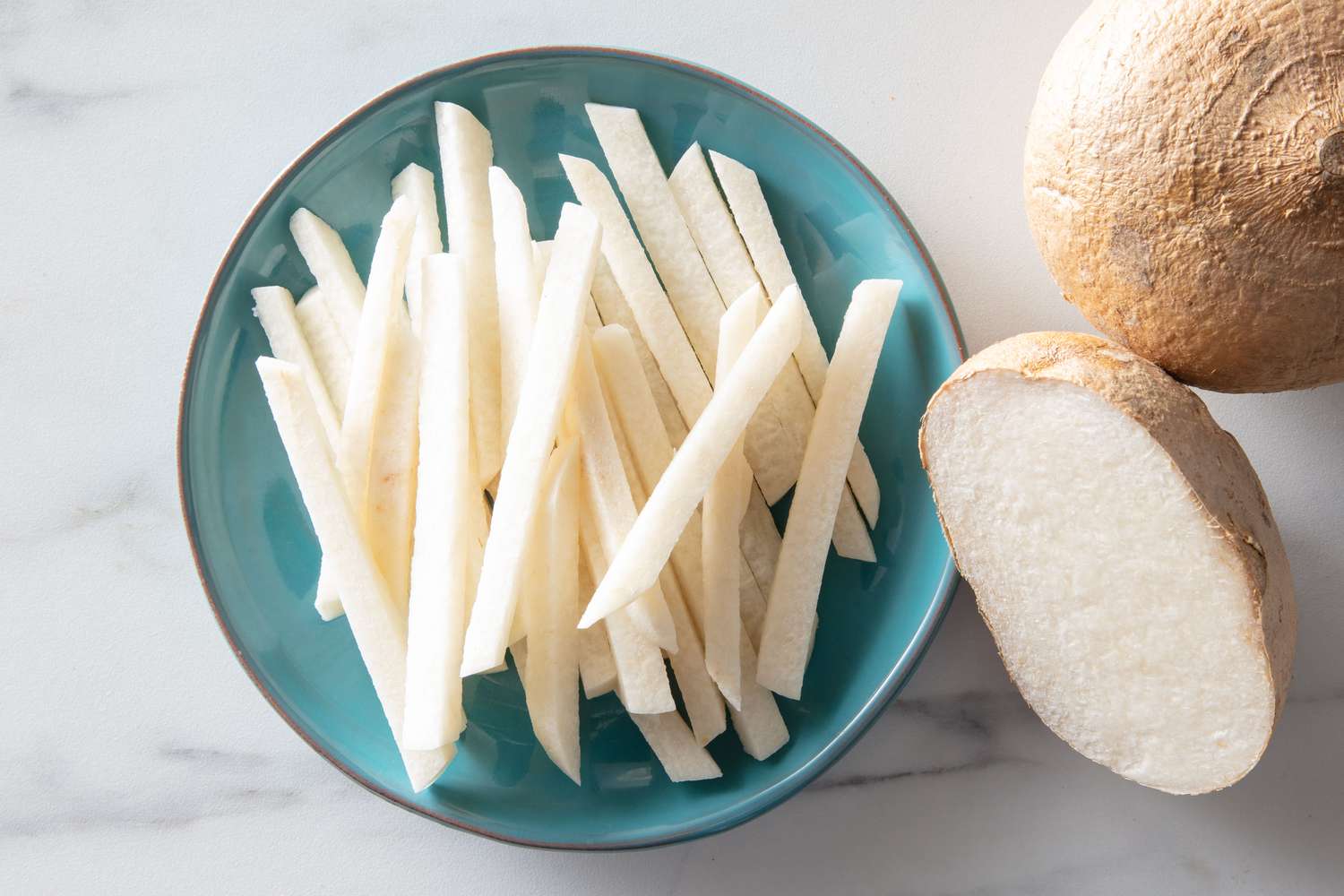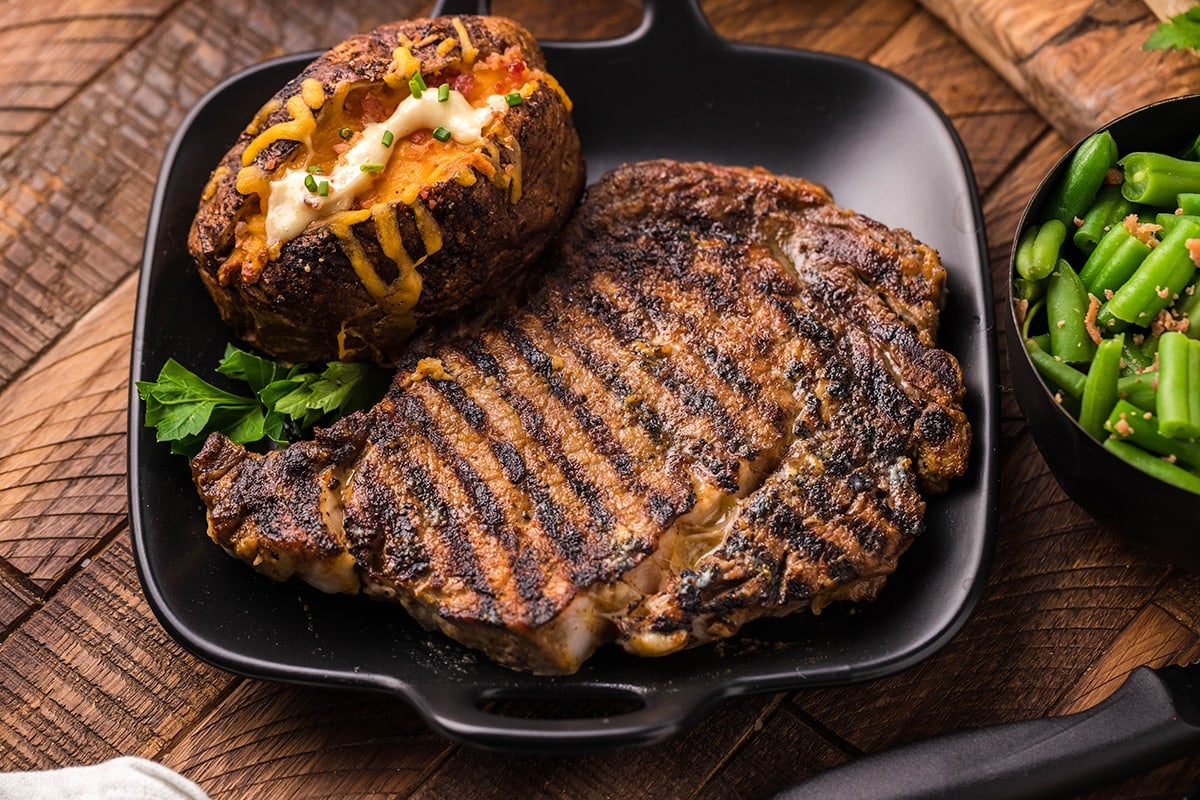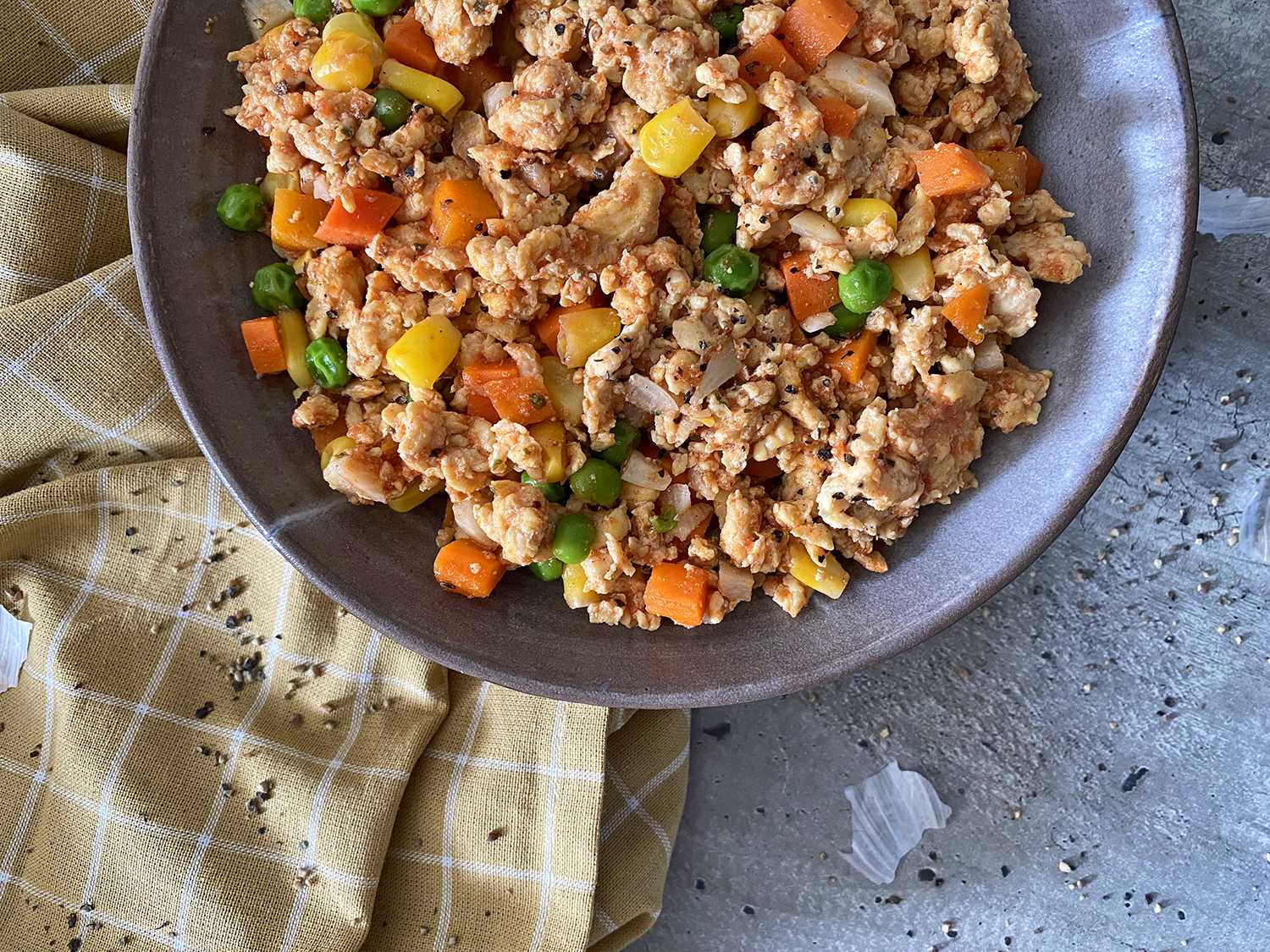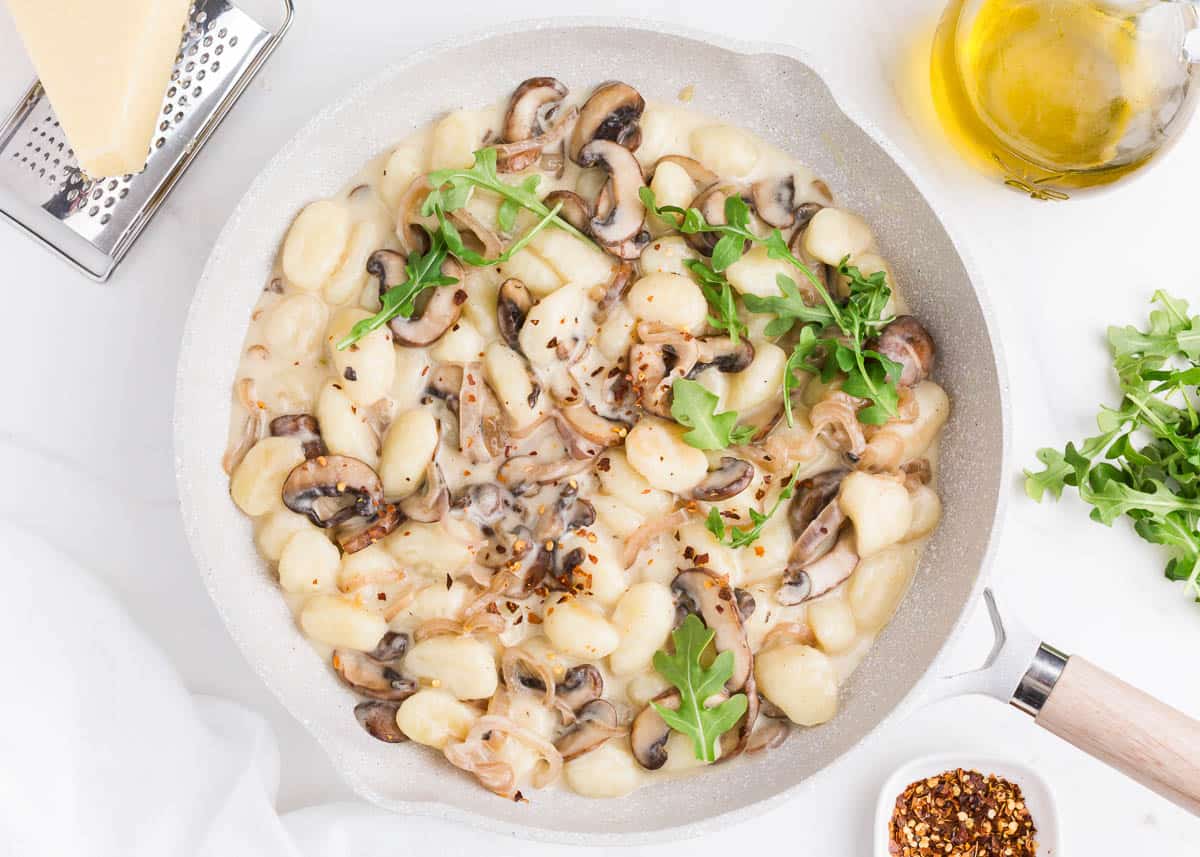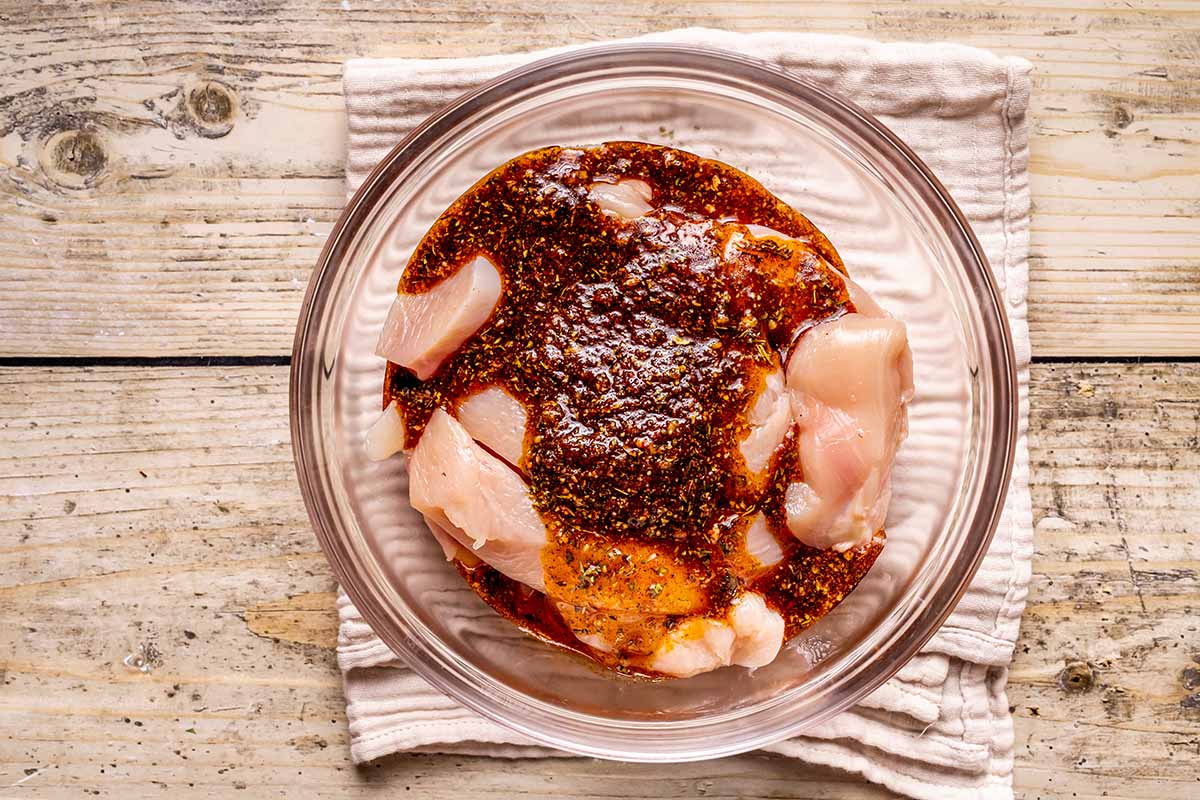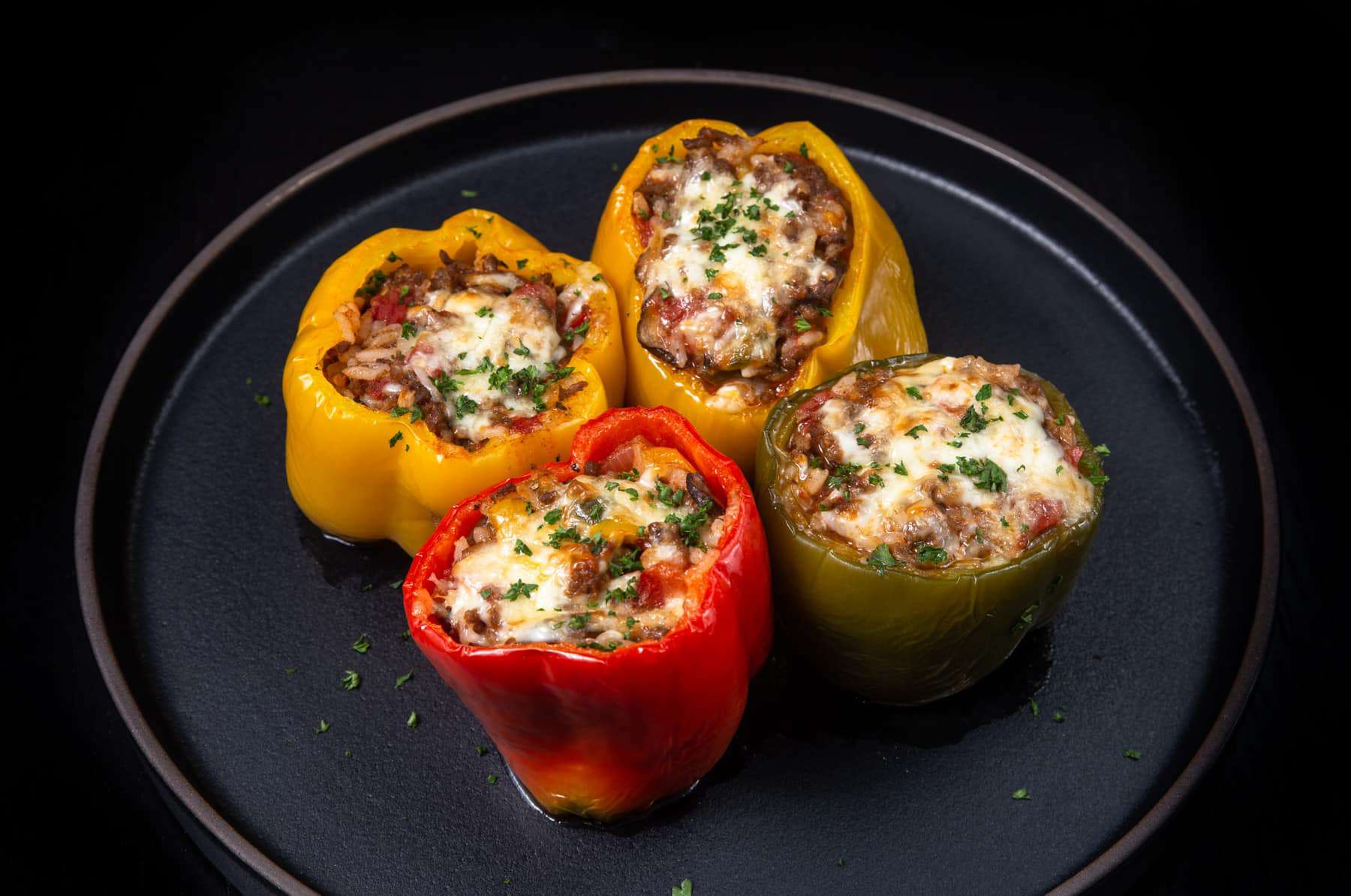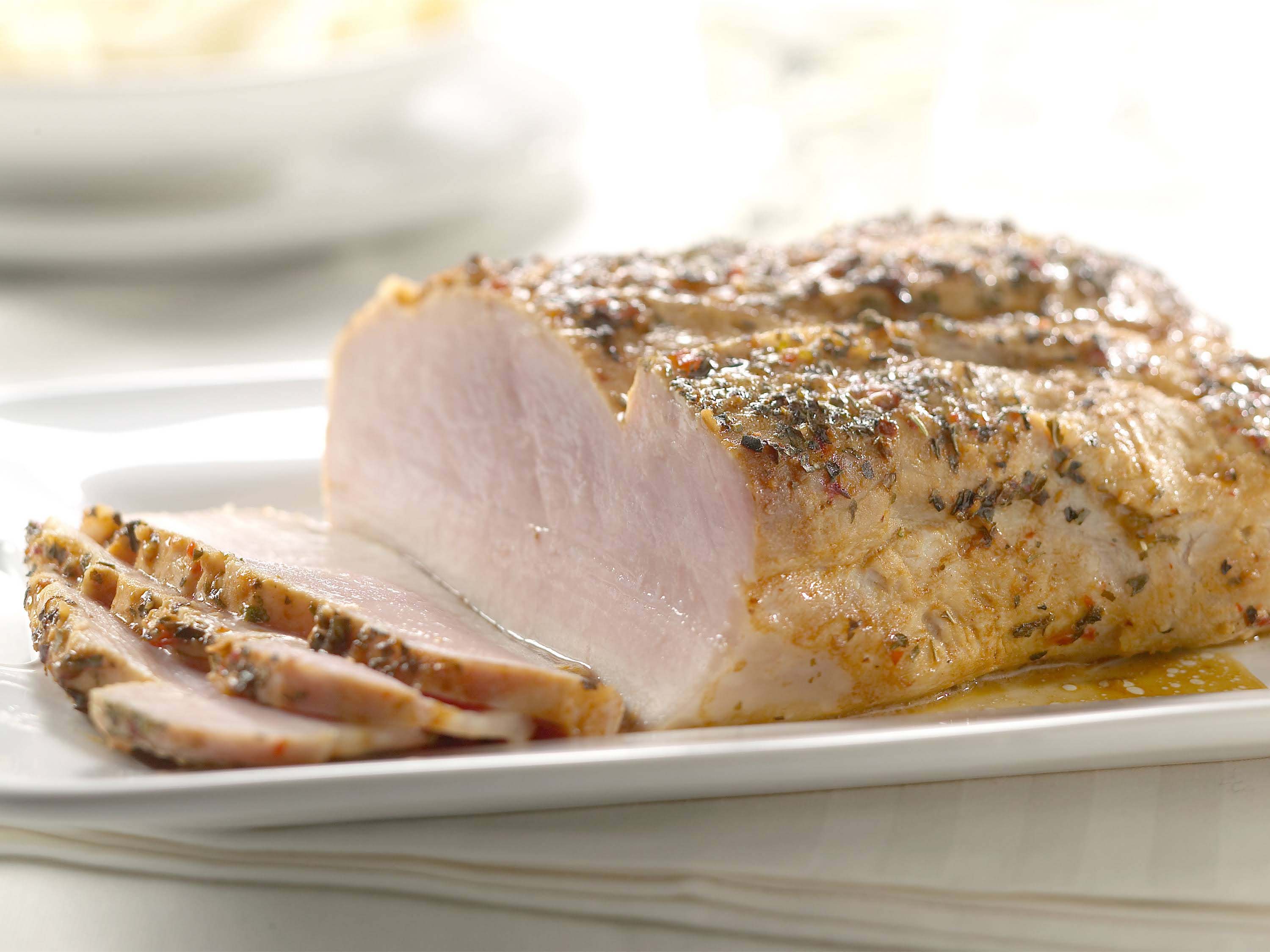Providing Relief: Cooking Chicken for Dogs with Diarrhea
As pet owners, we prioritize the health and wellbeing of our furry friends. When our dogs experience gastrointestinal distress such as diarrhea, it can be concerning and upsetting. Thankfully, there are steps we can take to help alleviate their discomfort and aid in their recovery. One such method is cooking chicken specifically for dogs with diarrhea.
Chicken is a lean and easily digestible protein source that can provide vital nutrition to your dog while being gentle on their upset stomach. When prepared correctly, it can help soothe their digestive system and restore balance. Here’s a step-by-step guide on how to cook chicken for dogs with diarrhea.
Step 1: Choose the Right Chicken
Opt for boneless, skinless chicken breasts. It’s important to avoid using chicken with bones or skin, as these can be harder to digest and potentially cause further irritation.
Step 2: Prepare the Chicken
Thoroughly clean and wash your hands and any surfaces that will come into contact with the chicken to prevent cross-contamination. Remove any excess fat or cartilage from the chicken breasts and cut them into small, bite-sized pieces. Cutting the chicken into smaller portions makes it easier for your dog to chew and digest.
Step 3: Boiling or Steaming
You have two options for cooking the chicken – boiling or steaming. Both methods are effective and help retain the nutrients in the meat.
- Boiling: Place the bite-sized chicken pieces into a pot of water and bring it to a boil. Let the chicken cook for about 15-20 minutes until it is fully cooked and no longer pink in the center. Ensure there are no seasonings, spices, or added salt.
- Steaming: If you prefer to retain more of the chicken’s natural flavors, you can steam it instead. Place the chicken pieces in a steamer basket and cook for about 20-25 minutes until the meat is thoroughly cooked.
Step 4: Cooling and Serving
Once the chicken is fully cooked, remove it from the heat source and allow it to cool completely. It’s essential to serve the chicken at room temperature to avoid any potential temperature shock to your dog’s sensitive digestive system.
Divide the cooked chicken into small, manageable portions. This will help prevent overfeeding and ensure your dog doesn’t experience any further digestive upset. Introduce the chicken gradually into their diet, starting with small portions mixed with their regular food.
Step 5: Monitor Your Dog’s Progress
Observe how your dog responds to the cooked chicken. If their diarrhea starts to improve and their stool becomes firmer, you can gradually increase the amount of chicken in their meals. Remember to consult with your veterinarian for proper guidance and to rule out any underlying health conditions that may be causing the diarrhea.
It’s important to note that cooking chicken for dogs with diarrhea should only be done as a short-term solution and in addition to veterinary care. If your dog’s diarrhea persists or worsens, it’s crucial to seek professional advice to determine the underlying cause and appropriate treatment.
By following these simple steps, you can provide some relief to your furry companion and aid in their recovery from diarrhea. Remember, a balanced diet, adequate hydration, and proper veterinary care are vital components of your dog’s overall health and wellbeing.
More Delicious and Nutritious Recipes for Your Furry Friend
After mastering the basics of cooking chicken for dogs with diarrhea, you might be eager to try out more specialized recipes that are gentle on your pet's stomach yet nutritious and comforting. Among the suggested recipes, Chicken Stew for Dogs with Digestive Issues and Boiled Chicken Cubes with Carrot Slivers stand out as highly recommended options. The chicken stew is packed with easily digestible ingredients, making it ideal for dogs recovering from gastrointestinal upset. Meanwhile, the boiled chicken cubes offer a simple yet effective meal that's easy to prepare and soothing for a dog's digestive system. Additionally, venturing into recipes like Chicken and Pears Blend for Dogs and Steam Cooked Chicken with Zucchini for Pets could provide variety and vital nutrients, ensuring your dog not only recovers but also enjoys its meals.
Was this page helpful?
Read Next: How To Cook Snow Crab Legs Clusters
